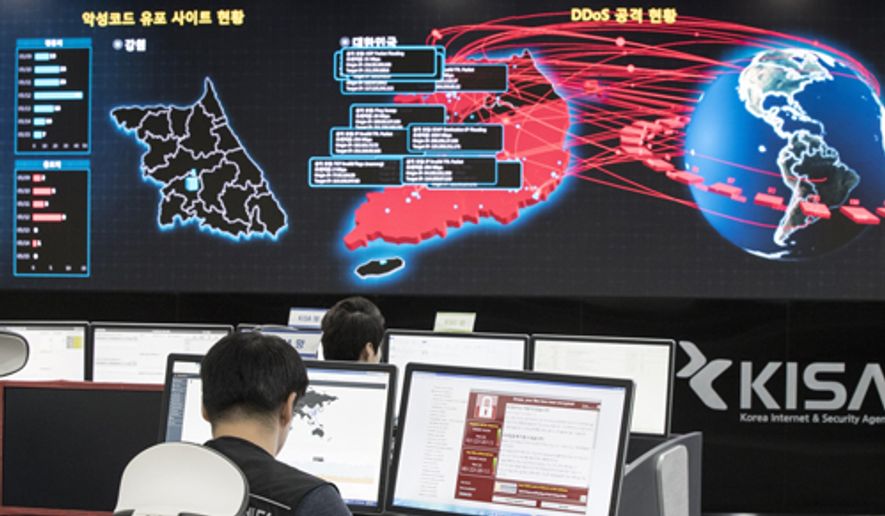Ransomware is among the threats causing concern ahead of the 2020 U.S. presidential election, the leader of the National Security Agency’s newly created cybersecurity directorate reportedly said Wednesday.
Anne Neuberger, the director of the recently established NSA directorate, acknowledged the risks posed by ransomware on the U.S. electoral process while discussing the potentially debilitating computer viruses during an annual summit hosted by Billington CyberSecurity, multiple outlets reported.
“Ransomware is really interesting — 4,000 attacks a day over the last number of years. … That is certainly something that would be a key concern for the elections,” said Ms. Neuberger, The Hill first reported.
Attacks involving ransomware will be a “focus” of the NSA’s cybersecurity directorate once it gets off the ground, Ms. Neuberger said, The Hill and CSO Online each reported.
Ransomware viruses typically work by infecting vulnerable computer systems and then holding their data hostage until the perpetrator is paid a ransom. Examples have existed for years, but a rash of recent attacks endured by major municipalities, organizations, businesses and other entities have raised concerns about the risk of ransomware being used against U.S. election infrastructure, particularly after U.S. officials concluded that Russian hackers attacked voting systems during the 2016 race.
The NSA announced in late July that the newly established directorate is being launched to unify the agency’s “foreign intelligence and cyber defense missions.” It is expected to become operational on Oct. 1.
Ransomware targets can lower the likelihood of becoming victims by practicing cybersecurity best practices, according to industry professionals.
“The best protection is the same security advice we give: ensure one uses principles of least privilege [and] computers with admin access shouldn’t have access to the Internet at all times,” Ms. Neuberger said, CSO Online reported.
WannaCry, a ransomware virus unleashed in 2017, infected computers in more than 100 countries and disrupted operations for the U.K. National Health Service, FedEx and Nissan, among other victims.
More recently, a report released last week found that more than 70 local, county and state governments across the U.S. have been attacked with ransomware within the first eight months of 2019.
Although only a handful of municipalities attacked with ransomware in 2019 paid the requested amount, victims that refused suffered regardless in some cases, the report noted.
Baltimore, Maryland, for example, said the city expects to spend $18 million to recover from a May infection after deciding against paying a ransom of about $75,000.
• Andrew Blake can be reached at ablake@washingtontimes.com.




Please read our comment policy before commenting.